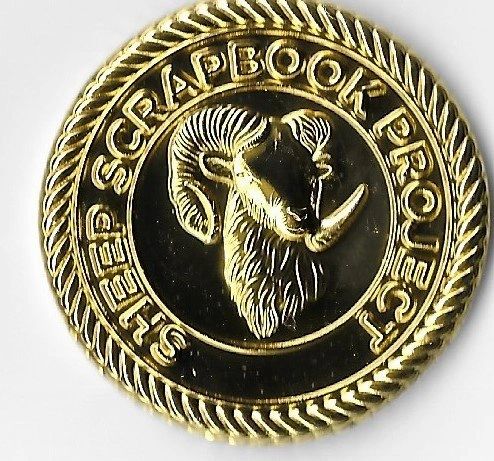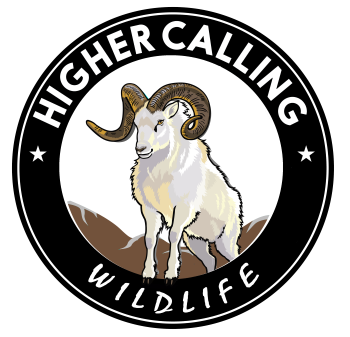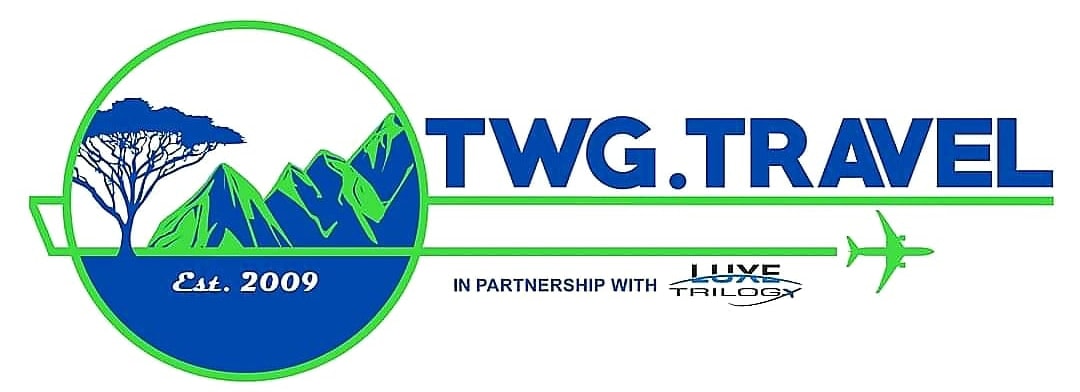
(Houston, TX- February 16, 2021) Houston Safari Club Foundation (HSCF) proudly announces their continued relationship with Capital Farm Credit.
Through the continued support of Capital Farm Credit, HSCF will be able to continue its efforts in scholarship, youth education programs, youth shooting sports, wildlife and habitat conservation, research and more.
“Many of the members of our cooperative are active hunters and anglers,” said Jeff Moder, Director of Marketing and Communications for Capital Farm Credit. “They are the backbone of the conservation movement and we are proud to support the causes that support Texas’ long history of advocacy and outdoor heritage.”
HSCF Executive Director Joe Betar states, “Capital Farm Credit has been a long-standing partner and supporter of HSCF and the HSCF mission to promote the future of hunting and conservation. We are so very appreciative of their continued support. In a year in which fundraising has been challenging, live fundraising events have not been possible. Capital Farm Credit’s support helps us to continue our outreach efforts!”
About Capital Farm Credit
For more than 100 years, Capital Farm Credit has supported rural communities and agriculture with reliable, consistent credit and financial services. Capital Farm Credit is a proud member of the Farm Credit system and serves more than 21,500 members, with loans outstanding totaling more than $8 billion. Headquartered in Bryan, Texas, Capital Farm Credit has offices serving 192 of Texas’ 254 counties.
About Houston Safari Club Foundation
Houston Safari Club Foundation (HSCF) is a 501(c)(3) non-profit organization whose mission is to preserve the sport of hunting through education, conservation, and the promotion of our hunting heritage. HSCF has awarded 600 scholarships totaling $2.7 million dollars. HSCF conducts youth outdoor education programs, career training, hunter education and field experiences throughout the year. HSCF has provided over $4 million in grants for hunter-funded wildlife, habitat, and various conservation initiatives. HSCF is an independent organization, is not affiliated with Safari Club International (SCI) or its affiliates and is not a chapter or affiliate of any other organization. Visit our website at wehuntwegive.org or call 713.623.8844 for more information. HSCF. We Hunt. We Give.
####

 (Houston, TX- February 4, 2021)
(Houston, TX- February 4, 2021)  About Houston Safari Club Foundation
About Houston Safari Club Foundation
 “Social-distancing” is a term most hope disappears from the lexicon soon.
“Social-distancing” is a term most hope disappears from the lexicon soon. “Wildlife agencies and conservation groups have done a remarkable job of bringing them back to around the 150-175,000 range, but there is still a major problem with exposure to domestic sheep. Die-offs are occurring in pockets right now in states like Oregon and Utah,” said Chester Moore, an award-winning wildlife journalist, member of the Houston Safari Club Foundation and founder of Higher Calling Wildlife.
“Wildlife agencies and conservation groups have done a remarkable job of bringing them back to around the 150-175,000 range, but there is still a major problem with exposure to domestic sheep. Die-offs are occurring in pockets right now in states like Oregon and Utah,” said Chester Moore, an award-winning wildlife journalist, member of the Houston Safari Club Foundation and founder of Higher Calling Wildlife. (Houston, TX- January 3, 2021)
(Houston, TX- January 3, 2021) 